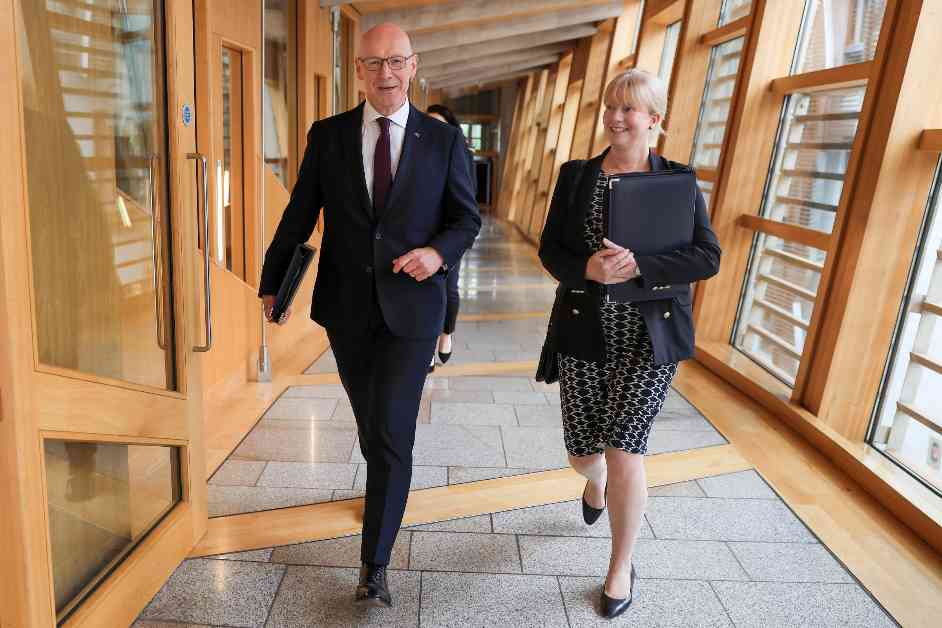Scottish local councils are facing a hefty bill of £265 million due to the increase in employer national insurance contributions announced in the recent budget by Chancellor Rachel Reeves. This news comes as a blow to council representatives who are already struggling with budget shortfalls and financial cuts.
The Council of Scottish Local Authorities (Cosla) has launched a campaign called “Invest Locally in Scotland’s Future” to address this issue and is urging the Scottish Government to provide additional funding to cover the increased costs. According to an analysis by the Accounts Commission, councils are already facing a budget shortfall of £392 million even before considering the impact of the national insurance rise.
The rise in employer national insurance contributions from 13.8% to 15% is estimated to cost local governments at least £265 million, with additional costs for services in the third and independent sector. This financial burden is putting essential services at risk, including education, social care, and housing.
Council representatives have expressed concerns about the sustainability of local government services, citing years of real-terms cuts and flat cash settlements from the Scottish Government. The strain on front-line services like housing and homelessness is becoming increasingly unsustainable, threatening councils’ ability to meet statutory obligations.
To address these challenges, Cosla is calling on the Scottish Government to provide fair and flexible funding that allows councils to balance budgets, address workforce challenges, and deliver essential services effectively. The government must ensure that any additional revenue and capital funding from the UK Budget is passed on to councils to support local communities.
In response to the concerns raised by local councils, the Scottish Government has been urged to provide clarity on how compensatory effects for the national insurance contributions rise will be allocated to public sector organizations. There is uncertainty about whether organizations outside the public sector that provide public services, such as care providers and universities, will be adequately covered in the budget.
The SNP leader of Glasgow City Council has written to the Chancellor seeking urgent clarity on the financial implications of the national insurance increase, which she estimates will cost her council over £50 million. The UK Government has defended its decision, stating that measures have been taken to support small employers in Scotland and that the Scottish Government will receive additional funding to address the changes to employer national insurance contributions.
As local councils continue to grapple with financial challenges, it is crucial for the Scottish Government to prioritize fair and flexible funding to ensure the sustainability of essential services and support local communities across Scotland. The upcoming Scottish Budget on December 4 will be a critical opportunity to address these pressing issues and provide much-needed support to local authorities.
































